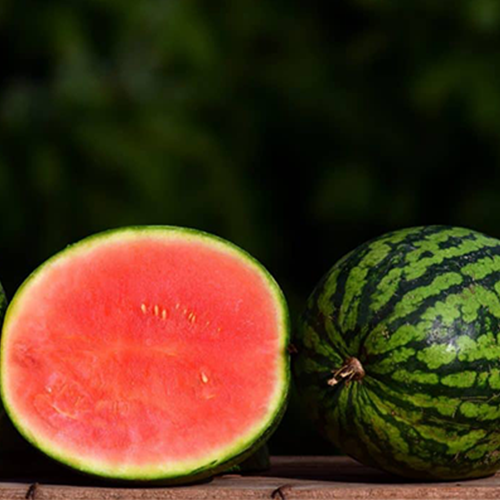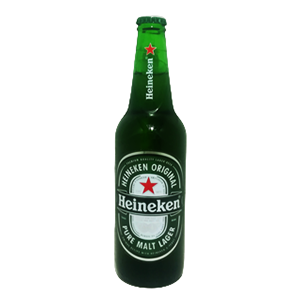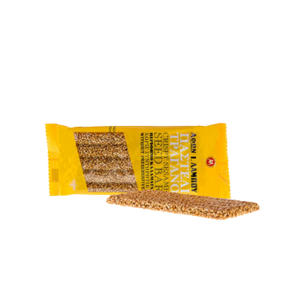Θρεπτικά στοιχεία:
Στα 150 γραμμάρια, το καρπούζι περιέχει:
43 θερμίδες, 0 γραμμάρια λίπους, 2 γραμμάρια νατρίου, 11 γραμμάρια υδατάνθρακα (συμπεριλαμβανομένων 9 γρ. ζάχαρης) και 1 γραμμάριο ινών.
Επίσης παρέχει το 17% των ημερήσιων αναγκών ενός ενήλικα σε βιταμίνη Α, το 21% σε βιταμίνη C, το 2% σε σίδηρο και το 1% σε ασβέστιο.
Το καρπούζι περιέχει επίσης θειαμίνη, ριβοφλαβίνη, νιασίνη, βιταμίνη Β-6, φυλλικό οξύ, παντοθενικό οξύ, μαγνήσιο, φώσφορο, κάλιο, ψευδάργυρο, χαλκό, μαγγάνιο, σελήνιο, χολίνη, λυκοπένιο και βεταΐνη.
What is watermelon?
Watermelon is a very large vine fruit that grows on the ground. It has a hard, green-striped skin which is inedible. Inside is a soft, bright pink-red flesh with black seeds, both of which can be consumed.
Depending on what country watermelons are grown in will determine their season. So, for example, in China their season starts from April, in the United States it runs from May to September, and Turkey is a bit later from July to November – hence why you can buy imported watermelon all year round in the UK.
Nutritional profile
Watermelon is largely made up of water (92%) and is low in calories with 31 calories per 100g. Being a fruit, it is primarily a carbohydrate with around 7g per 100g, and contains very little or negligible protein, fat or fibre.
Watermelon does contains a selection of vitamins and minerals but in very small amounts because of its high water content. However, its pink-red flesh means it is a good source of beta-carotene which converts to vitamin A when consumed. Vitamin A helps to keep our immune system, eyes and skin healthy.
There has also been some recent research into the phytonutrients found in watermelon, specifically L-citrulline – there is some research to suggest that this may help reduce the risk of colon cancer and lower blood pressure.
https://www.bbcgoodfood.com/howto/guide/health-benefits-watermelon





